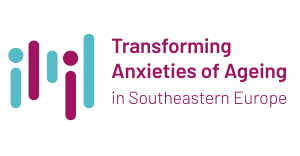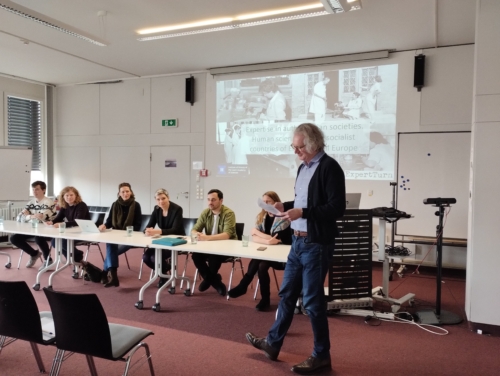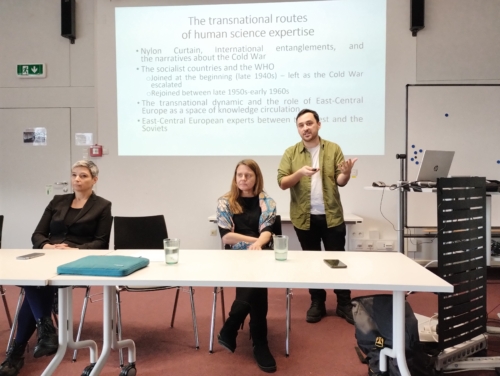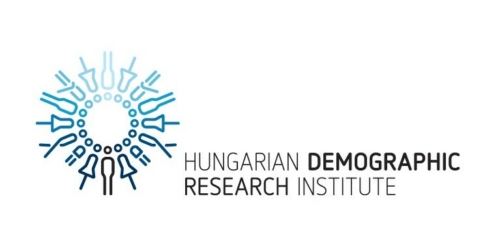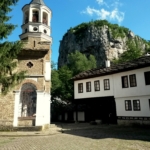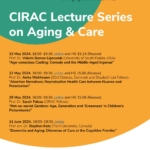Project Presentation of “ExpertTurn”
8 February 2024, Leibniz Institute for East and Southeast European Studies, Regensburg
On 8 February 2024, Kateřina Lišková presented the research project “Expertise in Authoritarian Societies. Human Sciences in the Socialist Countries of East-Central Europe” (ExpertTurn) together with her team members Natalia Jarska, Annina Gagyiova, José Luis Aguilar López-Barajas, Theo Finsterschott and Vjačeslav Glazov at the Leibniz Institute for East and Southeast European Studies in Regensburg.
Ulf Brunnbauer (Leibniz IOS) introduces the team members of ExpertTurn
Copyright: Leibniz IOS – Kathleen Beger
Doc. Kateřina Lišková, Ph.D. is a research associate at the Institute of History of the Czech Academy of Sciences in Prague and principal investigator of ExpertTurn. Her project examines the dynamics of human-science expertise in medicine, psychology, sociology, pedagogy, and demography during state socialism. Special attention is given to gendered ideas regarding health and normalcy, in particular vulnerable children, and un/healthy mothers.
José Luis Aguilar López-Barajas (r.) presents his findings, next to him: Natalia Jarska (m.) and Kateřina Lišková (l.)
Copyright: Leibniz IOS – Kathleen Beger
The project team of ExpertTurn carries out a comparative analysis of East-Central Europe, including Czechoslovakia, Poland, Hungary, and East Germany. They trace the transnational flow of expertise in supra-state entities such as the United Nations and its agencies (WHO, UNICEF, etc.) as well as the cross-border travelling of knowledge. Particularly, they shed light on how experts communicated with one another, the state, and ordinary citizens.
The team’s research has already produced intriguing results, for instance,
- strong and relatively uninterrupted socialist expert connections to the West and a marginal Soviet influence, especially on medicine;
- a shared post-Stalinist rise and subsequent strong influence of psychology in all countries analysed;
- lively debates and even disputes between experts within the region examined;
- divergences in the developments in social sciences shaped by specific national political contexts;
- strong emancipatory accents on women’s work and equal marriage in socialist medical expertise.
Thus, ExpertTurn brought a novel understanding of state socialist modernity, governance in authoritarian societies and forms of emancipation.
